By Enrico Varella/Leadership Lessons from Triathlons. Reposted with permission
The way that waves roll towards the shore; the subtle kiss of an afternoon breeze; the annoying sting of the midday sun; the teasing rustles of leaves on a tree. There is something Zen about these acts of Nature. Yet, these are the very intriguing observations that accompany the mind of an endurance athlete: in this case, an ultra-distance triathlete. In his mind, there is no judgement – only observation and respect for his surroundings.
Meet Dr Kua Harn Wei – a mature late thirty-something, career academic, and serious athlete. He is Singapore’s first Double-Ironman, Quadruple-Ironman and Deca-Ironman. He has completed 10 Ironman triathlons back-to-back, over 10 days. He has been ranked within the top-5 ultra-endurance triathletes in the world, including the highest-ranked in Asia. He is like Dean Karnazes, the Ultramarathon Man raised to guru status. Where else can you use the word ‘guru’ unless one attains the reputation of uber-athlete, philosopher, and someone with just enough insanity to push the envelope of the impossible?
Harn Wei’s blog title reads suspiciously like a commercial for sports-shoes: Where the Impossible Becomes Possible. However, the tagline reads reassuringly as: ‘When You Change the Way You Look at Things, the Things You Look at Change…’ Here is an attempt to change the way you look at things …
Here is how training for a DECA can change your life. A massive, pre-race, fortnight’s preparation can average 43 hours of training per week (done at competition pace, which amazingly is not as fast as a standard Ironman triathlon). In addition, and here is the kicker, it includes several nights of sleep deprivation training! To make things a bit more challenging, you do not take in as much fuel as you should; and you hope that your body functions well.
Interestingly, this is where the science begins. These sessions allowed Harn Wei to figure out the format of his strategy – pace on the swim, bike and run, the work-to-rest ratios, the lengths of the main and secondary breaks, and his state of the mind during these rest periods. He tried to be as exact as he could in terms of pace calculations going into this 2-week, personal training camp. He summarized his experimental findings into a set of general rules-of-thumb, which is always more practical in the thick of action. He reckons that that is when science transforms into an art.
I interviewed Harn Wei about three days after his 2009 Ironman triathlon race in Busselton, Perth – the singularity of this event almost a contradiction to this contrarian thinker. He crossed the finish line as Singapore’s third-fastest Ironman triathlete.
Enrico Varella: Congratulations, Harn Wei on your recent Ironman Western Australia finish. Your time of 11 hour 10 minute is highly commendable!
Kua Harn Wei: Thanks Enrico! Wow, how time flies! The last time I did an Ironman – as in, one-and-that-is-it – was 7 years ago. Even this IMWA was a last minute decision made a few weeks after my carbon wheel cracked during the Slovenia Double Ironman World Cup end-August 2009.
Enrico: It must have stirred deep memories for you …
Harn Wei: IMWA sure brought back good old memories about racing in a big group. Since I have been out of the local triathlon scene for about a decade now, I could only recognize a few of you on the course – Adrian Mok (my dear Iron friend who keeps getting better and better), Alvin Ong (from Clementi pool), and Lee Wung Yew, to name a few.
Enrico: Judging by the times, it must have been a tough day at the office!
Harn Wei: But I must say that the riders who came in later actually faced tougher conditions out there than those riding sub-6 hours and sub-5 hours. When I was heading back to town for the marathon, the wind started to pick up. So, I salute those who made it through the tougher wind conditions later in the day, and yet managed to cross the finish line. For those who for some reason could not finish this race, worry not. Ours is a sport of patience and endurance. One race (or DNF) does not an entire career make. Every race is a new beginning. Embrace swim-bike-run with deep passion, learn from every experience, avoid making the same mistakes the next time you race and you will fulfill your Ironman (or, ultra Ironman) dreams one day!
Enrico: Ironman Western Australia has the dubious reputation of being an ‘easy’ course, but it is not.
Harn Wei: I agree. Never for a second believe that there is an easy IM course out there. An IM is an IM. And an IM is never easy – for anyone. If you believe in climate change, then many places are going to get warmer. The only way to deal with that is to keep yourselves cool in the heat of battle. Keep training and believing!
Enrico: Good evening, Harn Wei. Thank you for making time for this interview. You should be resting and recuperating instead.
Harn Wei: Good evening, Enrico. By the way, your name always reminds me of the Nobel Prize winning physicist Enrico Fermi. He was a legend in the world of high-energy physics. My basic technical training is theoretical physics and so Fermi is a good role model for me.
Enrico: Talking about role models, you are regarded as one yourself in the local triathlon community. I am familiar with Mr Fermi as is Enrico Caruso, the famous opera singer.
Harn Wei: Okay, no more geeky remarks. Only triathlon stuff now!
Enrico: Harn Wei. There are geeks aplenty in triathlons. There are bicycle geeks, training geeks, and geeks on nutrition. We are in good company. Walk us through your active lifestyle. How do you do it?
Harn Wei: Follow my passion. Everyday is composed of two types of activities actually – certainties and uncertainties. Certainties mean those things I do in my office and lab. Uncertainties are things I would do at an impulse, e.g. going to catch a movie after work. But it suffices to say that my days are structured in such a way that I can achieve the most in just a few hours. Time is too precious to be wasted.
Enrico: When taking on these physical challenges, how do you maintain your work/life/family balance?
Harn Wei: My own recipe is pretty simple: structure my sport season around my work and family, instead of the reversed. This way, training and racing get slotted into ‘free’ time slots throughout the day and week. Once I get the priority right, everything falls into place.
Enrico: How does an active physical lifestyle tie in to your work as an academic, as well as a leader?
Harn Wei: I always try to draw parallels between my sport and academic works. Scientific discovery is about combining scientific enquiry methodologies with a sense of appreciation for the beauty of Nature. It is the same in triathlon, don’t you think? We look for ways to improve ourselves – in equipment, nutrition, training methods, etc. All these are very logical in approach. I always apply my scientific analytical skills to design my training program and the lessons I learn in my sports are applied to my academic work (e.g. I need to build a solid base of background knowledge in a new subject before doing the more difficult work).
As for leadership, the fact that I am one of the first around to venture into unknown waters (e.g. ultra triathlons) does give me unique experience and viewpoint to share with others who may just follow suit one day in the future. I don’t think I am gifted in that sense, but I am really passionate about sharing with others what I know and what I learn – in sports and scientific research.
Enrico: What made you do Ironman? How many years did you train before you qualified for Kona?
Harn Wei: I did my first Ironman in Hawaii, in 1997. I did not have to qualify for it, since I was again one of the first few in Singapore (and Asia) to want to try something like that. I guess WTC was keen to get more Asians into the sport and gave us open invitations to race in the world championship. After being there once, I don’t think I would ever want to go back again, even if I qualify for it in the future. Hawaii is over-hyped in many ways although it is a great race. There are many other races I have been to that gave me better memory. Why an Ironman? Anyone who is interested to push his/her limits just that little bit more will look forward to an Ironman, and beyond.
The Zen of the Deca Ironman — an interview with Kua Harn Wei (Part 2)
About Enrico Varella
A former international executive in a multinational corporation, Enrico Varella now leads and manages his leadership-consulting firm. He writes a daily blog on leadership where he shares the best practices of effective leaders from various industries and professions. He actively models the success strategies of leaders and presents them as part of his role as educator.
As a motivational leader, he focuses on values-based leadership for creating a workplace that encourages people potential, relevance and meaning. He is also a 10-time Ironman triathlon finisher, serial-marathoner, award-winning magician, and published playwright.

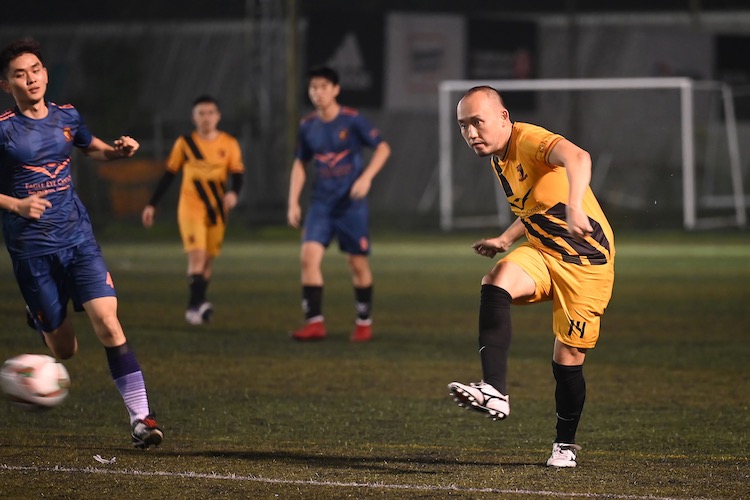
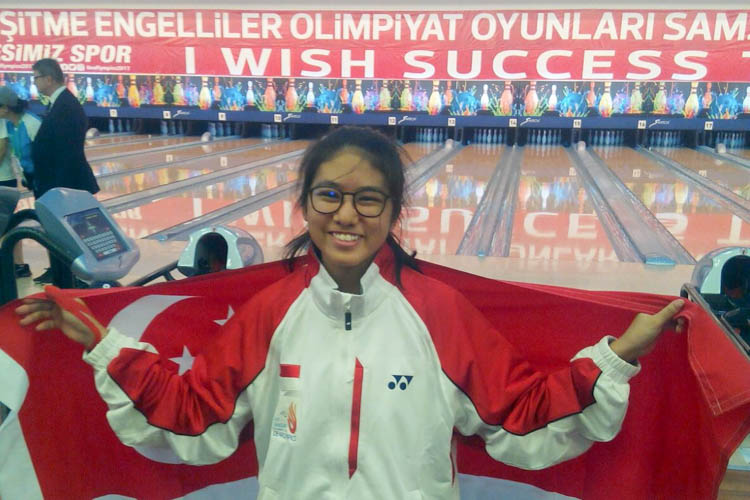
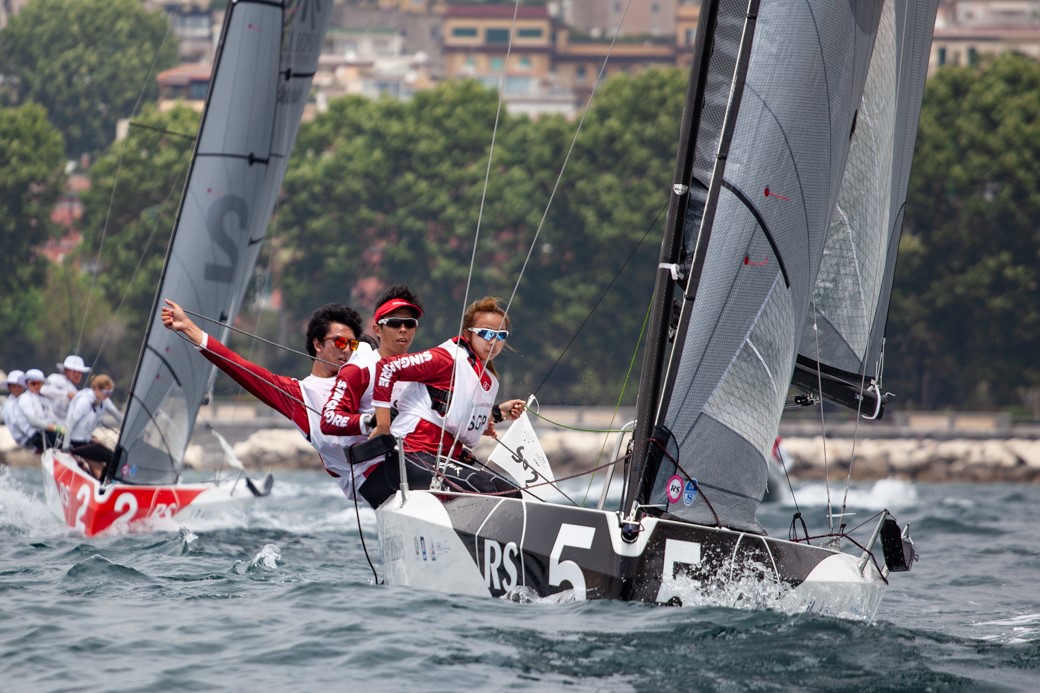
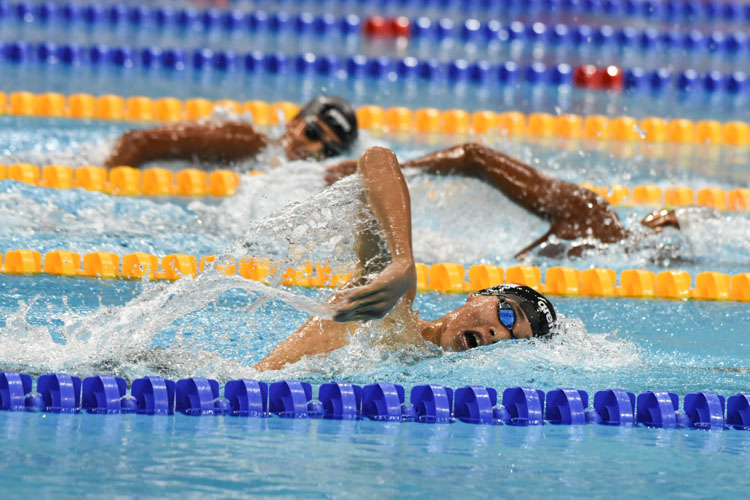
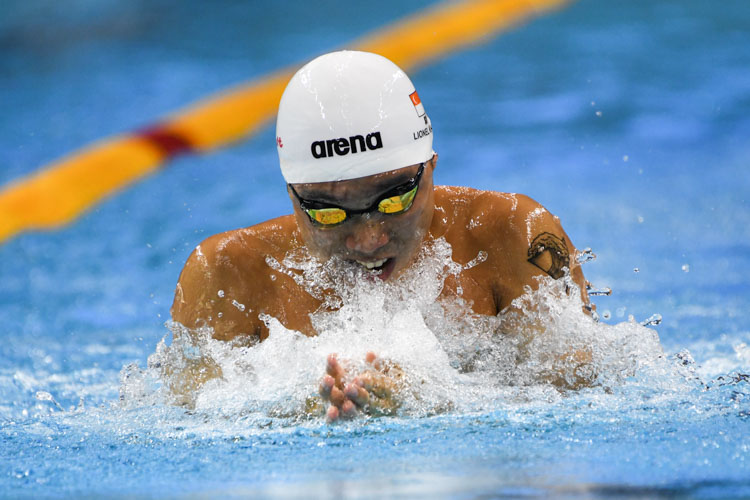
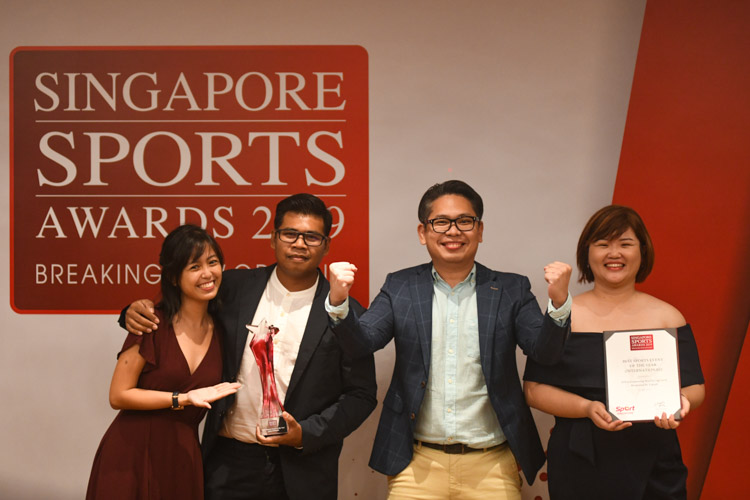
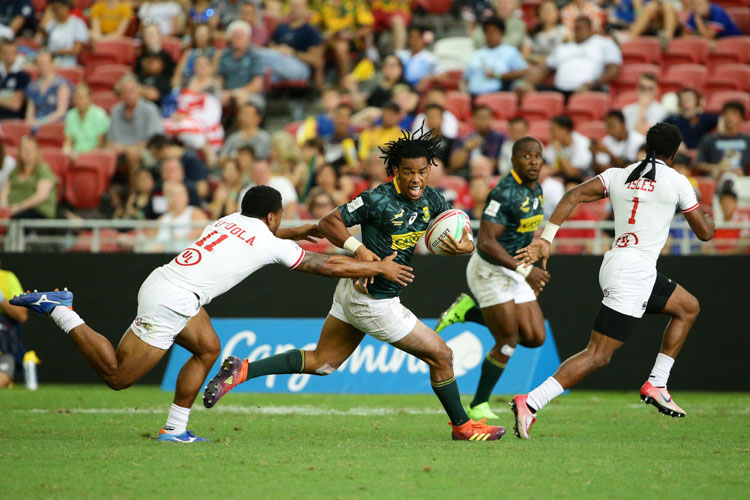
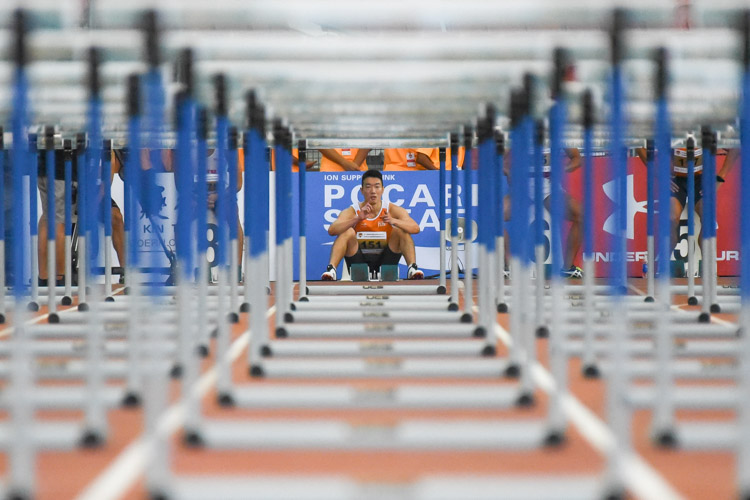
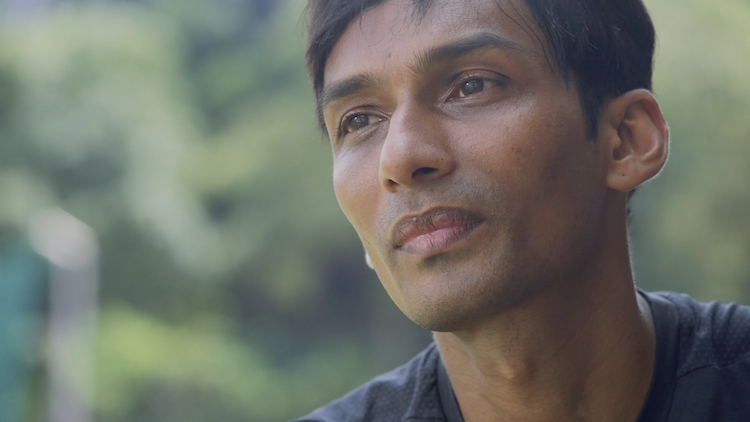
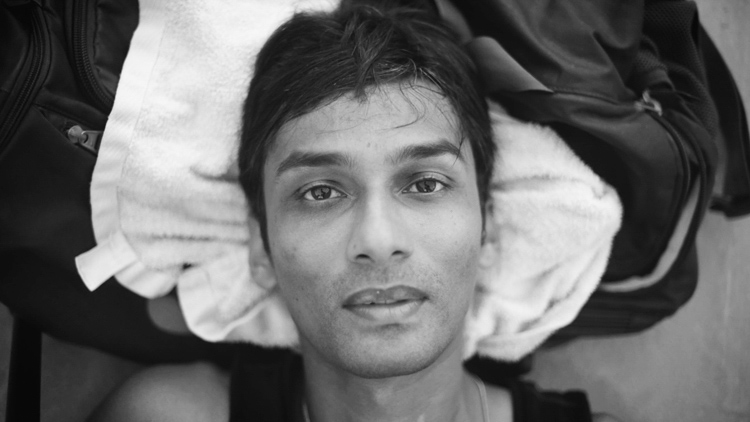
[…] The Zen of the Deca Ironman — an interview with Kua Harn Wei (Part 1) Share this Story […]
[…] The Zen of the Deca Ironman — an interview with Kua Harn Wei (Part 1) (Part 3) Share this Story […]
[…] The Zen of the Deca Ironman — an interview with Kua Harn Wei Part 1 Share this Story […]
[…] The Zen of the Deca Ironman — an interview with Kua Harn Wei Part 1 Share this Story […]